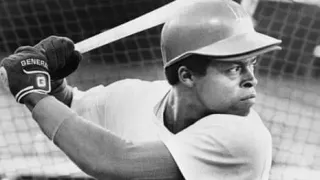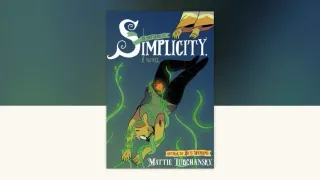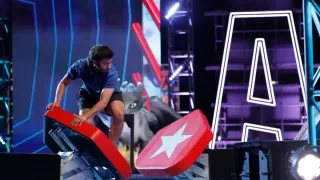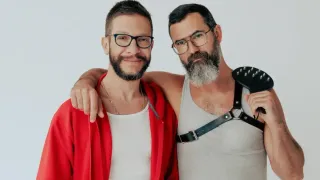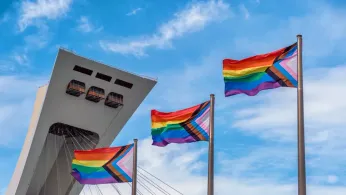
3 hours ago
Fierté Montréal Faces Backlash as Community Launches “Wild Pride” in Response to Alleged Exclusion
READ TIME: 3 MIN.
A wave of discontent has swept through Montreal’s LGBTQ+ community as numerous organizations have publicly severed ties with Fierté Montréal, the city’s flagship Pride festival, amid allegations of a “toxic organizational culture” and insufficient transparency regarding decision-making and representation. This rupture, reported by several affected groups throughout May and June 2025, follows years of mounting frustration over what critics claim is the festival’s failure to meaningfully include the full diversity of Montreal’s queer, transgender, and BIPOC communities .
Community leaders such as Eysséric and Lemrini, active in local organizing efforts, have voiced that promised reforms to make the festival more accountable and representative have not materialized. “There were supposed to be changes—and supposedly that’s what they did. But four or five years later, it’s still the same thing,” said Eysséric, expressing a widely shared sentiment that the organization has not addressed core concerns. Lemrini added, “They don’t tell us what they’re doing, so we cannot know...they’ve shown us that they don’t care about us” .
This dissatisfaction has prompted groups to seek alternatives, with many stating they no longer feel safe or represented within the mainstream Pride structure .
In the wake of this schism, activists and organizers have launched Wild Pride, a new community-led festival designed to recenter Pride around inclusivity, protest, and the needs of those often sidelined in mainstream celebrations . According to organizers, Wild Pride is explicitly anti-racist, anti-Zionist, and aims to foreground the voices of transgender people, queer people of color, and other marginalized groups who have historically felt excluded from corporate Pride events .
“We’re building something new—a separate Pride festival that reflects our values and lived experiences,” said Lemrini. “Is it a festival? Is it a riot? I think it can be all of that. It can be a safe space and we won’t have a choice but to take care of it ourselves—our own Wild Pride” .
The new festival is being organized by a coalition of local activists and organizations, including those representing Black, Indigenous, and racialized queer and trans communities. Wild Pride’s organizers have described their event as a reclaiming of Pride’s roots as a protest movement against oppression, in contrast to what they characterize as the “sanitized” and corporatized nature of established Pride events .
The decision by so many groups to boycott Fierté Montréal has sparked a broader conversation about the role of Pride festivals and the importance of centering marginalized voices. Several organizations have articulated a desire for more meaningful participation in decision-making processes and a return to Pride’s origins as both celebration and protest .
In interviews and public statements, community members have described feeling alienated by what they perceive as an overemphasis on corporate sponsorships and a lack of genuine engagement with grassroots issues, particularly those affecting transgender people, people of color, and people living with disabilities. “We’re still fighting—against anti-trans protests and against sanitized Pride initiatives funded by those who oppress,” said a representative from Origami Customs, a local business supporting Wild Pride .
Others have echoed the sentiment that mainstream Pride events have become disconnected from the needs and realities of the communities they purport to serve. “The spirit of Pride is rooted in resistance, in protest, in demanding space and rights for those who are most marginalized,” explained a Wild Pride organizer in an Instagram video .
As Wild Pride prepares for its inaugural events, its organizers have emphasized the importance of creating safe, affirming, and accessible spaces for all members of the LGBTQ+ community, particularly those who have felt unheard within mainstream movements. The festival will feature a range of programming, including rallies, workshops, and cultural celebrations led by and for queer and trans people of color, disabled people, and other groups often left at the margins of traditional Pride .
The controversy surrounding Fierté Montréal has also prompted calls for greater accountability and transparency within established LGBTQ+ organizations. Some community leaders remain hopeful that these developments will lead to substantive change, while others see the emergence of Wild Pride as a necessary step toward reclaiming Pride as a space of radical inclusion and activism.
As Montreal’s LGBTQ+ communities grapple with these questions, the outcome of this year’s Pride season may shape the future of queer and trans organizing in the city—and beyond.


